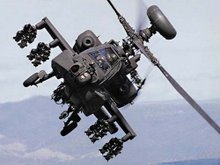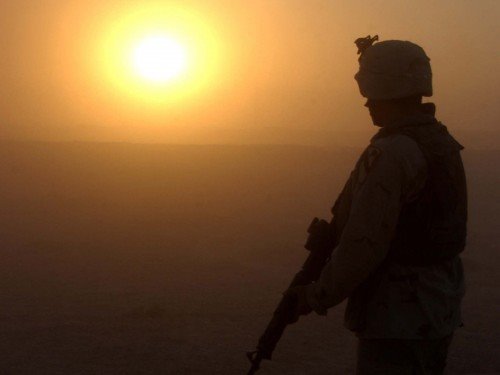Military
Defense Lawyer (Former JAG Attorney) News:
Recently, a military
officer who faced a general court-martial (GCM) in which he was accused of the
sexual assault of a civilian acquaintance was found not guilty of all charges
and specifications by the Military Judge at his court-martial trial. The
accused military member was defended by military law attorney Richard V.
Stevens (Military Defense Law Offices of Richard V. Stevens, P.C.), and
the trial was litigated over 4 days in front of a Military Judge alone.
The military officer client
was accused of sexual assault by the acquaintance who he met at a bar on the
night at issue. Their interactions at
the bar were revealed through witness statements and CCTV footage, which
included flirtation and kissing, despite the complainant having a boyfriend who
was not out with them that evening. The
complainant claimed she was not interested in the client, but her behavior
toward him at the bar that evening indicated otherwise.
Then, the complainant
went to the apartment of the client with her intoxicated friend. The complainant claimed the forcible sexual
assault occurred in the apartment, although she admitted to kissing the client
and giving him her phone number after the alleged sexual assault.
The civilian
authorities initially investigated the case, and elected to drop it and refused
to take the case to trial. The
complainant hired an attorney and challenged that decision, and the civilian authorities
still refused to take the case to trial.
The military, however, elected to take the case after the civilians
dropped it.
As with many of these
cases, both sides had experts in forensic psychology, digital forensics, and sexual assault examinations (forensic nurse examiners [FNE]) –
some of whom were called as witnesses during trial.
As a result of the
motion hearings, the defense was able to obtain evidence from the complainant’s
phone and other evidence that was ultimately helpful to expose the truth of what
happened – which was not sexual assault.
During trial, and a cross-examination
of the complainant that lasted for hours, the defense was able to expose
numerous inconsistencies in the complainant’s story, motives to make false
allegations (including her boyfriend), and things that did not make sense about
her story. In addition, the defense
committed the complainant to trial testimony that was refuted by other
witnesses, which appeared to indicate the complainant was lying under oath at
trial.
During trial, the
defense also raised deficiencies in the investigation of the case, to include
insufficient investigation into the background of the complainant, and failure
to obtain relevant evidence to determine if the complainant’s claims were
corroborated or refuted – instead of just accepting her word on certain
points.
Ultimately, after four
days of trial, the Military Judge returned a verdict of not guilty of all
charges and specifications (full acquittal).
Had there been a
conviction in the case, the client could have been sentenced to a dismissal
(equivalent of dishonorable discharge), decades in prison, forfeitures of all
pay and allowances and, in addition, he would have been required to register as
a sex offender. Thankfully, that did not happen and the client can now
continue with his military career.
While this military
court-martial case was successfully defended, it is important to understand
that every case has different facts, and success in previous cases does not
guarantee success in any particular future case. No military lawyer or
civilian defense lawyer, including those who specialize in military law, can
guarantee the outcome of any military trial or case.
For more information
about the military justice system, particularly cases alleging rape and/or
sexual assault in violation of UCMJ Article 120, type “rape” or “sexual
assault” into the search bar above the blog posts. Also, see:
We offer free
consultations for a case you may be involved in. Just call us.
Thank you.
By: Attorney
Richard V. Stevens
Civilian criminal
defense lawyer and military defense lawyer
Military Defense Law
Offices of Richard V. Stevens, P.C.
Blog
postscript: I (attorney Richard V. Stevens) am a former active duty military
lawyer (JAG). My perspectives and advice, therefore, are based upon my
experience as military defense lawyer and as a civilian criminal defense lawyer
practicing exclusively in the area of military law and military justice. This
blog addresses issues in military law, military justice, military discipline,
military defense, court-martial practice, the Uniform Code of Military Justice
(UCMJ) and other military and/or legal topics. Nothing posted in this blog
should be substituted for legal advice in any particular case. If you seek
legal advice for a particular case, please contact The Law Offices of Richard
V. Stevens for a free consultation. These military defense law offices are
located in the Washington DC, Northern Virginia, Maryland, National Capital
Region (NCR), but the military defense representation is worldwide – when
necessary, the attorneys travel to wherever the client is stationed around the
world.


























